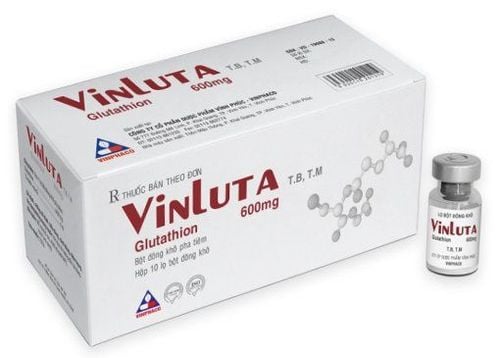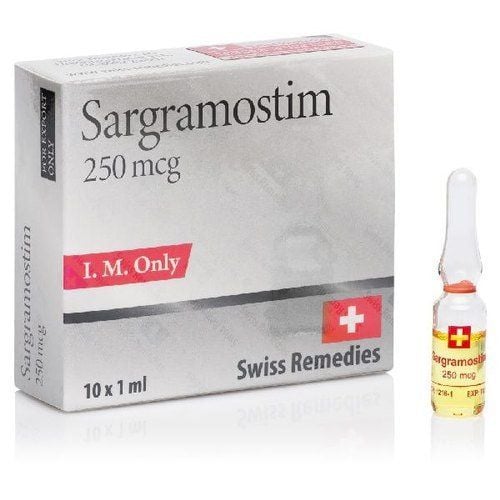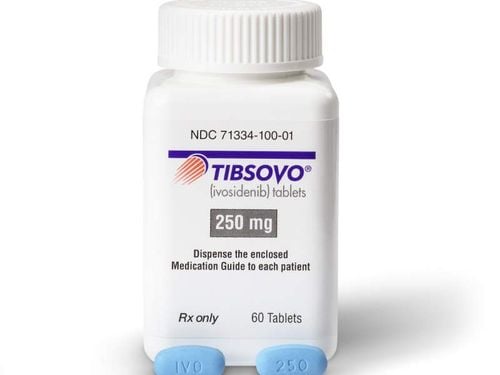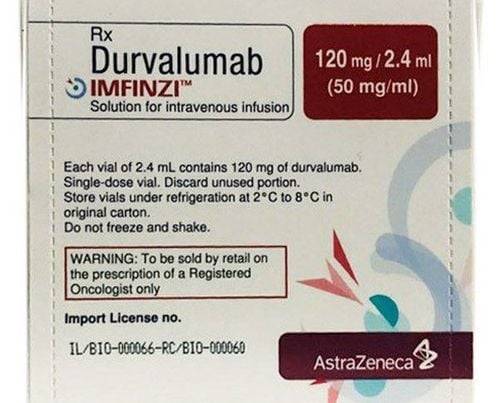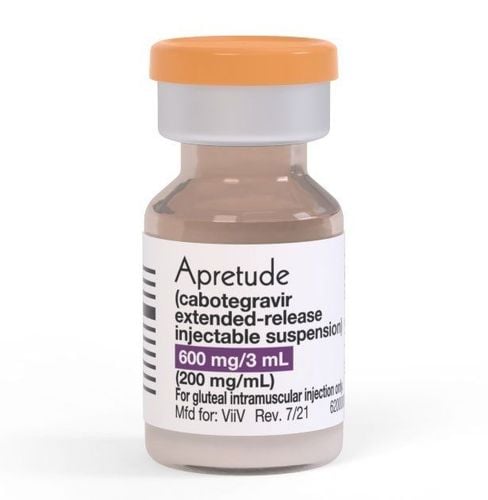This is an automatically translated article.
This article is professionally consulted by Dr. Le Tan Dat - Internal Medicine Oncologist, Radiation Therapy Center, Vinmec Central Park International General Hospital.Cancer cells can weaken the immune system, while the immune system is still able to fight against malignant pathogens, preventing tumor formation. So how does the process of cancer cells thrive but are suppressed by the immune system?
1. Immune system
The immune system protects the body from diseases and infections caused by bacteria, viruses, fungi or parasites through immune responses. Immunity includes 2 main groups as follows:Innate immunity: Available from birth. This immunity is not specific. Acquired immunity: Formed after the body has contracted certain diseases. This immunity is more specific. Immunity is very important for cancer patients because of the interplay. Many cancer patients are also particularly concerned about how cancer cells thrive but are suppressed by the immune system.
1.1. Cancer weakens the immune system Bone marrow is where the function of making blood cells, including cells with immune function such as granulocytes or lymphocytes, helps the body fight against infectious diseases. Cancer cells adversely affect the immune system by preventing the bone marrow from producing more healthy cells that protect the body.
In addition, cancer treatments also have a negative effect on the immune system, causing the immune system to temporarily weaken. Cancer treatments with high doses, both kill malignant cells, and accidentally cause a large number of white blood cells in the bone marrow to be lost. Specifically:
Chemotherapy Radiotherapy High-dose Steroids. 1.2. Immune system inhibits cancer growth Some cells of the body's immune system can detect cancer cells as abnormal and destroy them. However, the defenses of the immune system are not able to eliminate all malignant cells present in the body. Moreover, cancer cells can "trick" the immune system in many different ways. Therefore, a number of new cancer treatments are being researched, aimed at limiting the weakened immune system, as well as enhancing the function of the immune system. The goal of this therapy is to fight and inhibit the growth of cancer cells before they form tumors with natural substances found in the immune system.

2. B cells and T cells
Lymphocytes are a type of white blood cell that participates in the immune response to "fight" pathogens. There are two main types of lymphocytes, B cells and T cells, both of which are produced in the bone marrow.Similar to other blood cells, B and T lymphocytes also have to be fully mature to be eligible to participate in the immune process. While B cells mature in the bone marrow, T cells develop in the thymus. After they have grown large enough, B and T cells migrate to the spleen, as well as the lymph nodes, ready to fight pathogens and protect the body.
See also: CAR-T cell therapy in cancer treatment 2.1. B-cell function B-cells respond against invading bacteria or viruses by making proteins called antibodies. Each B cell produces antibodies that have a distinct variable head, tailored to each different damaging factor.
B cells are also part of the immune system's memory. If they encounter the same microorganism trying to invade the body again the next time, the B cells will make the right antibodies very quickly and are already in a state of readiness to destroy them.
2.2. Tasks of T cells There are many different types of T cells, but they are divided into 2 main groups:
Helper T cells: They are responsible for stimulating B cells to make antibodies and help T cells. destroy development. Killer T cells (or "cytotoxic T cells" - cytotoxic T cells, CTL): Responsible for eliminating the body's own cells when they have been invaded by viruses or bacteria. This function helps to prevent pathogens from reproducing in cells and then infecting other cells.
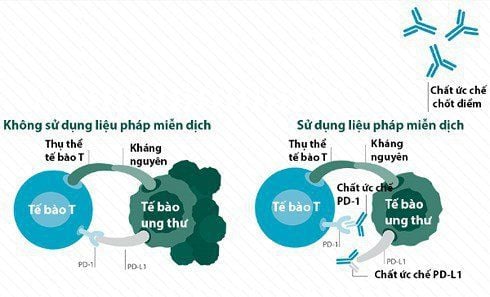
How does cancer cells thrive but are suppressed by the immune system? Cancer cells are not normal cells, so some immune system antibodies can detect cancer cells. Antibodies stick to and block cancer cells, causing them to be suppressed, and at the same time signaling the body to carry out an immune response to destroy and eliminate them.
Trắc nghiệm: Thử hiểu biết của bạn về bệnh ung thư
Ung thư là nguyên nhân gây tử vong hàng thứ 2 trên thế giới. Thử sức cùng bài trắc nghiệm sau đây sẽ giúp bạn có thêm kiến thức về yếu tố nguy cơ cũng như cách phòng ngừa bệnh ung thư.
Bài dịch từ: webmd.com
3. Cancer treatment with the immune system
Immunotherapy applies the characteristics of the immune system to help suppress cancer cells, thereby supporting the treatment of this dangerous disease.Immunotherapy is appropriate for some cancers, even when melanoma has spread, metastasized, or is resistant to treatment. With the use of natural substances in the body, or using drugs made from these substances, the method of enhancing the autologous immune system is quite useful in cancer treatment. The mechanism of action starts from the fact that cancer cells are very different from normal cells, so that the immune system can recognize and destroy abnormal malignant cells immediately if they are not strong enough to make the system worse. weakened immunity.
Scientists can extract different chemicals from the immune response in the laboratory. Some immunotherapies that have been implemented are:
Monoclonal antibodies (Mabs, monoclonal a antibodiesti b die s ): Recognizes and attacks certain proteins on the surface of cancer cells Vaccines: Helps the immune system detect and eliminate cancer cells. Cytotoxic T cells (CTLs): Helps strengthen the immune system. Stem cell transplantation: Gene changes in a patient's white blood cells.
4. Application of immune enhancement in cancer treatment at Vinmec
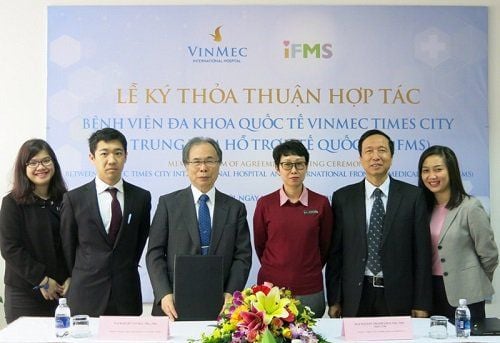
In addition to the method of enhancing autologous immunity by culturing the patient's own cells as above, at hospitals in the Vinmec Health system there are also methods of using immunosuppressants (such as: pembrolizumab, atelizozumab, etc.) ...) to help restore the patient's immune system, which is suppressed by cancer cells. This is a direct application from the 2018 Nobel Prize winners in Medicine and Physiology.
Vinmec International General Hospitals nationwide have a team of doctors with high expertise and modern equipment - is the leading cancer treatment center that combines the application of advanced therapies from the leading immune system in Vietnam. Customers can call hotlines of hospitals or register for online consultation with Vinmec HERE.
SEE ALSO:
To what extent does autologous immune system boosting therapy help increase immunity for cancer patients? Autologous immunotherapy – New hope for cancer patients How does the immune system affect cancer cells?





